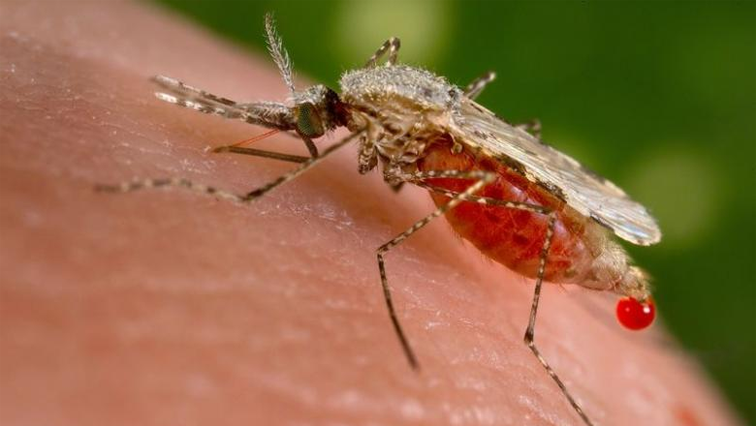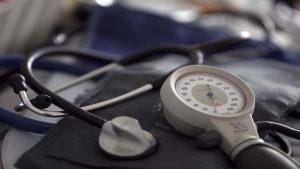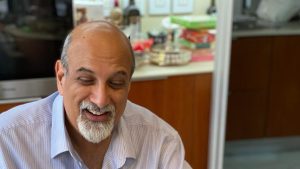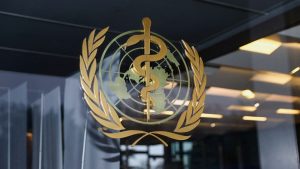A total of 91% of Malaria cases globally occur in Africa and beating the disease is a massive challenge. On Thursday, countries across the globe mark World Malaria Day under the theme ‘Zero Malaria Death starts with me.”
The World Health Organisation (WHO) introduced the day in 2007 after growing concern that countries were failing to eliminate the illness.
Health Department Deputy Director-General, Yogan Pillay, says despite the threat, South Africa has made progress in the fight against Malaria.
“In South Africa, we have seen a 73% decrease in the number of Malaria cases between 2000 and 2018. In the year 2000, we had about 64 000 cases of Malaria in South Africa that were diagnosed and if you fast-forward to 2018, that number has decreased to just over 17 000. And the same with Malaria deaths, we’ve decreased deaths by 74% between 2000 and 2018.”
While the National Institute for Communicable Diseases agrees with the department, it also says reaching South Africa’s objective of eliminating Malaria by 2023 – which is only four years away may be challenging.
The organisation says this is due to the complexity of the transmission of the disease and the changing nature of mosquitoes.
However, Senior Scientist at the NICD, Dr Jaishree Raman, says the country has ways of decreasing the rate of transmission.
“Over 100 of Malaria interventions in South Africa ending up with vector controlling indoor residual spraying, known as IRS, and effective treatment and proper surviellance has gotten South Africa to the stage where it’s attempting to eliminate Malaria. IRS is very effective in dealing with mosquitoes that feed infoor and needs to be maintained in South Africa if we want to achieve Malaria elimination.”
Unicef Goodwill Ambassador for Malaria, Yvonne Chakachaka, says more work needs to be done in the fight against the illness.
“Malaria is a disease, which is curable and preventable, yet so many people kept on dying from this. Pregnant women and children under five become so vulnerable to Malaria, but we’ve seen so much work that has been done and we need to not stop now. We need to still educate our people, consciontise them. There’s still so much work that needs to be done.”
Pillay has urged those who have malaria symptoms to seek medical attention.
“South Africa is committed to eliminating Malaria. We have medication. It’s free in all our public clinics and hospitals. So, I’ll encourage people with symptoms – especially in the summer because that’s when we get an increase in the number of people with Malaria – to go and get treated.”
Earlier this week, the WHO announced that R360 000 children a year in three African countries will receive the world’s first Malaria vaccine as part of a large-scale pilot project.
Malawi has started vaccinating children under two years old while Kenya and Ghana will begin using the vaccine in the coming weeks.






